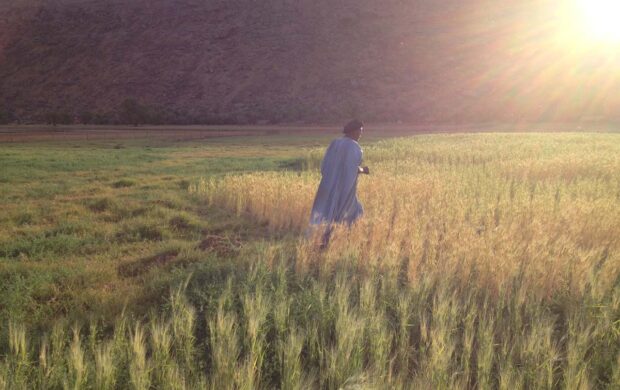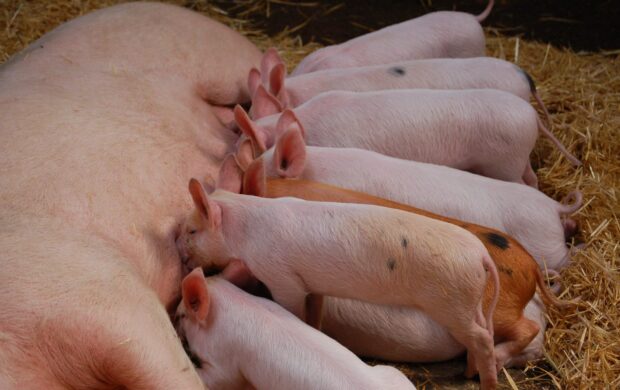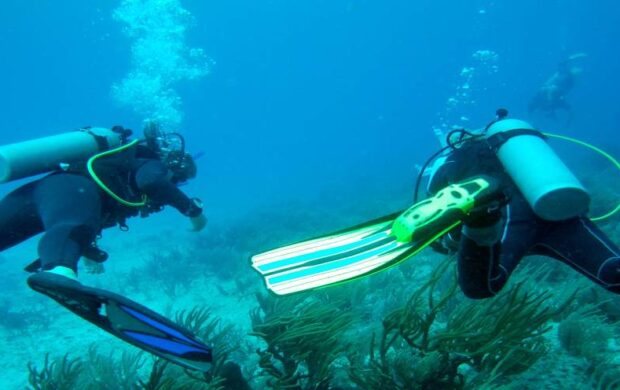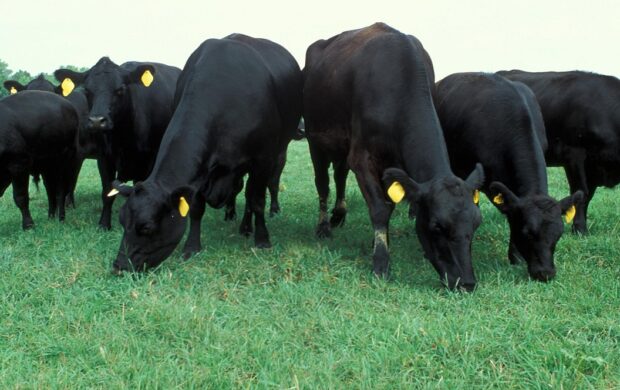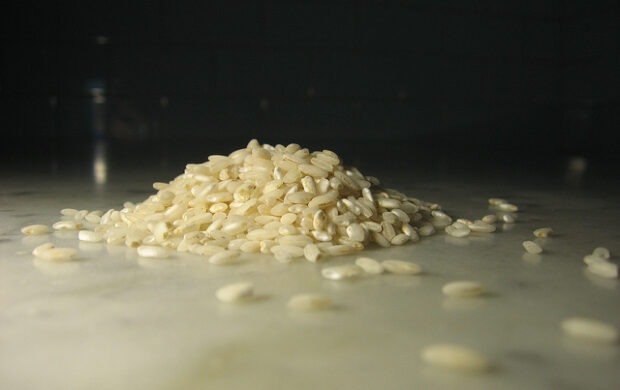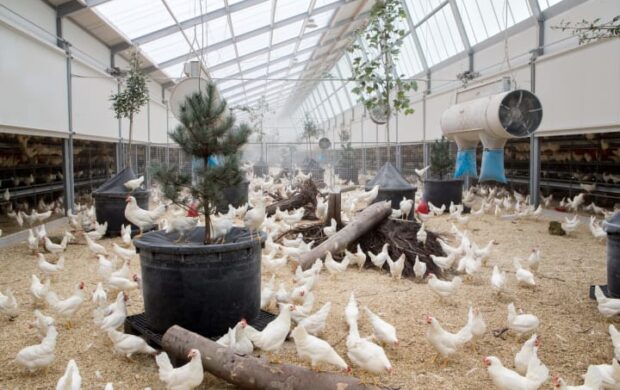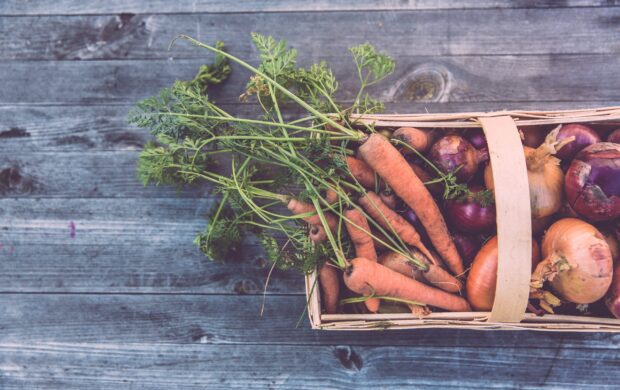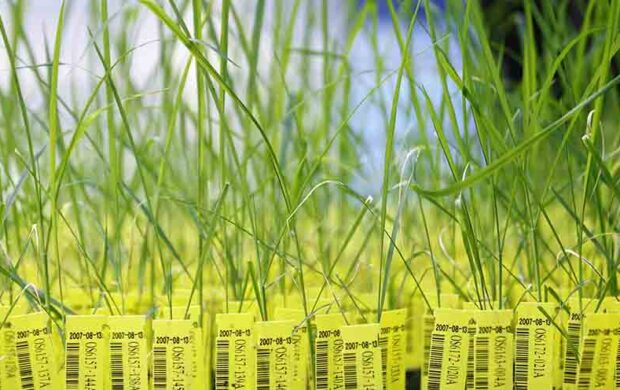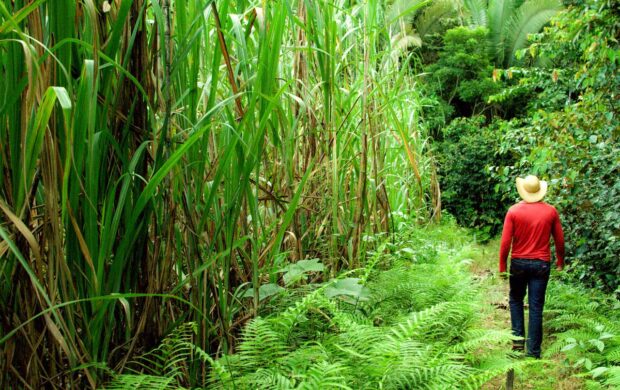Regenerative agriculture is not without its controversies. Proponents of rotational grazing have long been at the vanguard of the growing interest in ‘carbon farming’ but a recent study suggests that livestock will remain part of the problem, rather than becoming part of the solution. Watch this space for the inevitable counterclaim.
Grass-fed cows won’t save the climate, report finds
If you thought eating only “grass-fed” hamburgers could absolve you from climate change guilt, think again. There’s a lack of evidence that livestock (such as cattle, sheep, and goats) dining on grassland has a lower carbon footprint than that fed on grains, as some environmentalists and “pro-pastoralists” claim, according to a new report by an international group of researchers led by the Food Climate Research Network (FCRN), based at the University of Oxford in the United Kingdom.
